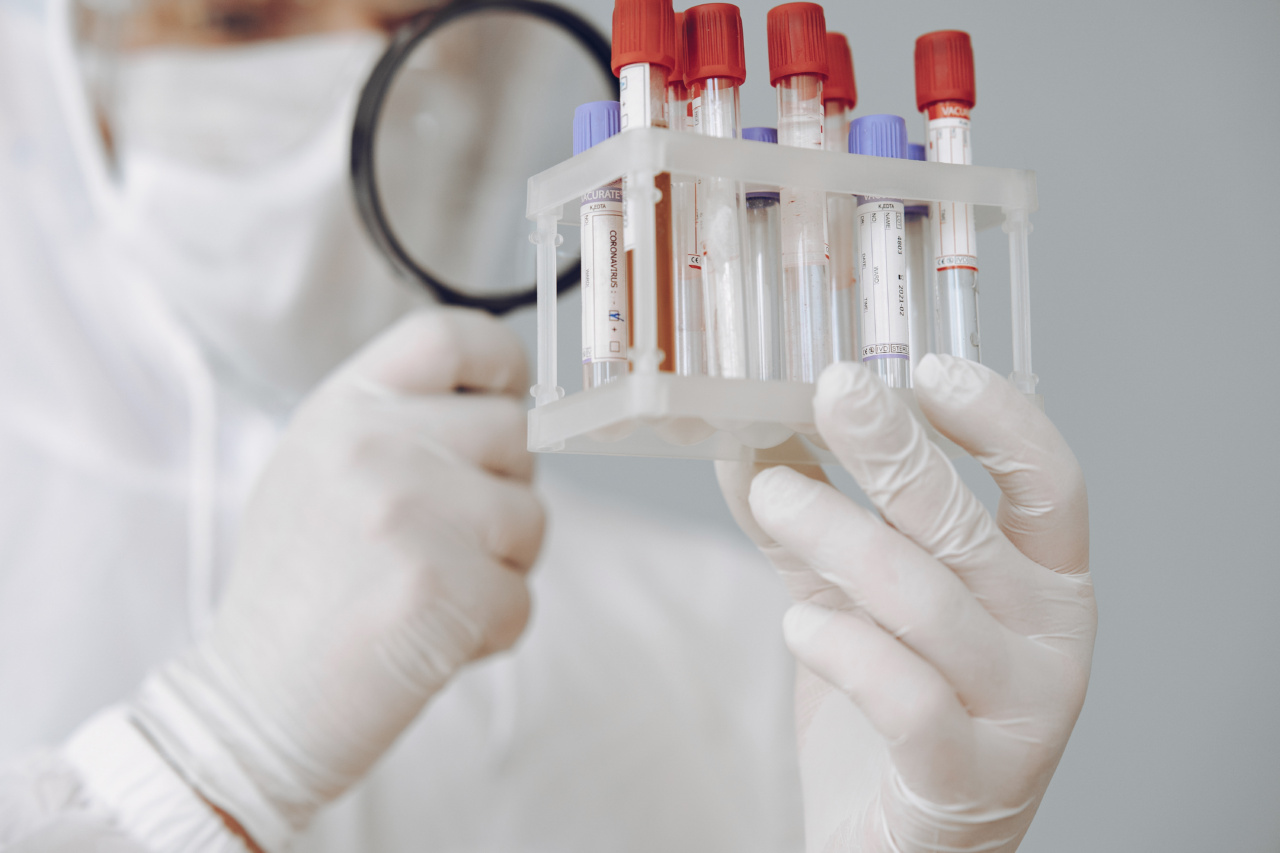Cancer, a disease characterized by the uncontrollable growth and spread of abnormal cells, is one of the leading causes of death worldwide. Early detection plays a crucial role in improving patient outcomes and survival rates.
However, conventional diagnostic methods such as biopsies and imaging techniques can be invasive, time-consuming, and expensive. In recent years, researchers have been exploring an innovative approach to cancer diagnosis using urine samples, which holds immense potential for early detection and personalized treatment.
The Promise of Liquid Biopsies
Liquid biopsies involve the analysis of various biomarkers in body fluids such as blood, urine, and saliva, providing a non-invasive alternative to traditional tissue biopsies.
Urine, in particular, has gained attention as a potential diagnostic tool due to its ease of collection and rich composition. Research has shown that urine contains a wealth of molecular information including DNA, RNA, proteins, and metabolites, all of which can provide valuable insights into the presence and progression of cancer.
Identifying Cancer-Specific Biomarkers
One of the primary challenges in diagnosing cancer using urine samples is identifying specific biomarkers that indicate the presence of the disease.
Researchers have been working on identifying cancer-specific biomarkers, which are substances produced by cancer cells or the body’s response to cancer. These biomarkers can be detected in urine and used to differentiate between cancer patients and healthy individuals.
Pioneering Research in Urine-Based Cancer Diagnosis
A number of groundbreaking studies have demonstrated the potential of urine-based cancer diagnosis. For example, researchers at the University of California, Los Angeles (UCLA) developed a urine test that can detect the presence of prostate cancer.
The test analyzes the levels of a specific biomarker called prostate-specific antigen (PSA) in urine samples. This approach eliminates the need for invasive procedures such as prostate biopsies, leading to quicker and more cost-effective diagnosis.
Non-Invasive Detection of Bladder Cancer
Bladder cancer is another type of cancer that can potentially be diagnosed using urine samples.
Traditionally, the detection of bladder cancer involves cystoscopy, which is an invasive procedure requiring the insertion of a thin tube with a camera into the bladder. Researchers at the University of Surrey in the United Kingdom have developed a urine test that can detect the presence of genetic mutations associated with bladder cancer.
This non-invasive approach not only reduces patient discomfort but also offers a more affordable and accessible diagnostic method.
Early Detection of Kidney Cancer
Diagnosing kidney cancer in its early stages can significantly improve patient outcomes. Researchers at the University of Michigan have made significant progress in developing a urine-based test for early detection of kidney cancer.
By analyzing the levels of specific metabolites in urine samples, they were able to distinguish between patients with kidney cancer and those without. This approach has the potential to revolutionize kidney cancer diagnosis, enabling timely intervention and improved survival rates.
Challenges and Future Directions
While the use of urine samples for cancer diagnosis shows great promise, there are still challenges that need to be addressed.
One such challenge is the development of highly sensitive and specific detection techniques capable of accurately identifying cancer-related biomarkers in urine. Additionally, the standardization of urine collection and processing methods is essential to ensure consistent and reliable results across different laboratories.
Looking ahead, researchers are exploring the potential of combining urine-based diagnostics with other cutting-edge technologies such as artificial intelligence and machine learning.
These technologies can analyze large amounts of patient data and identify complex patterns, leading to even more accurate and personalized cancer diagnoses.
The Road to Personalized Cancer Care
With ongoing advancements in the field of urine-based cancer diagnosis, the future holds great promise for personalized cancer care.
By harnessing the power of non-invasive urine tests, patients can benefit from early detection, improved treatment outcomes, and reduced healthcare costs.
As research continues and technologies evolve, urine-based diagnostics may become an integral part of routine cancer screening and monitoring, ultimately leading to a world where cancer is diagnosed and treated at its earliest and most curable stages.


























